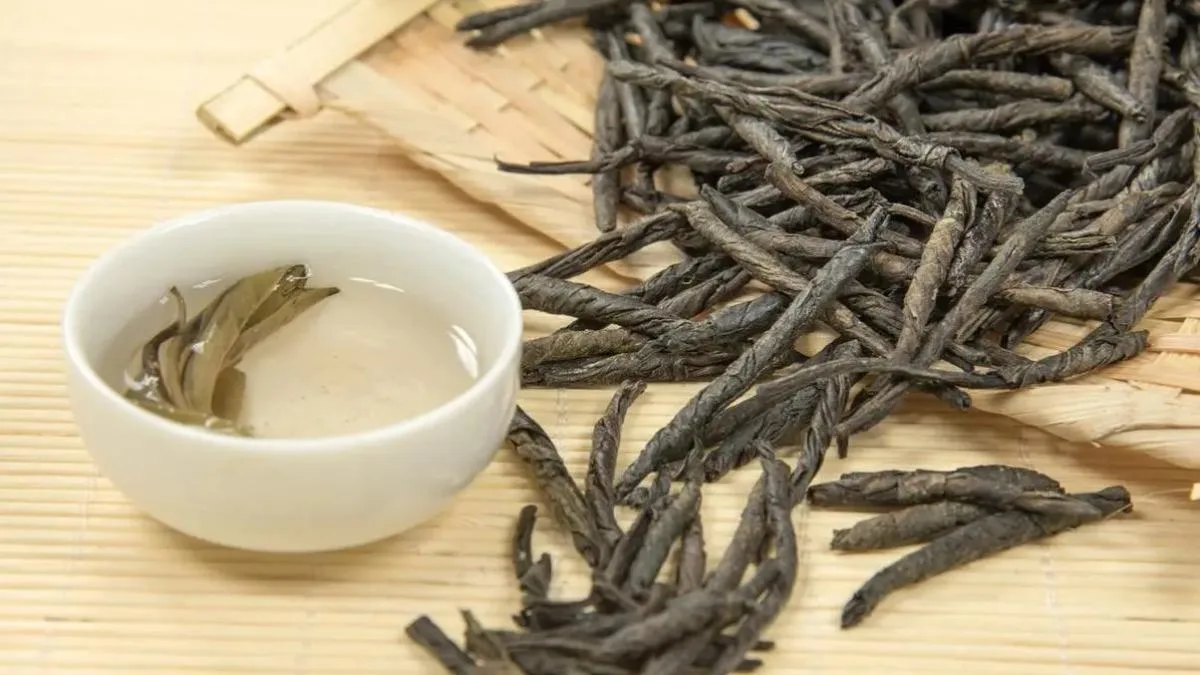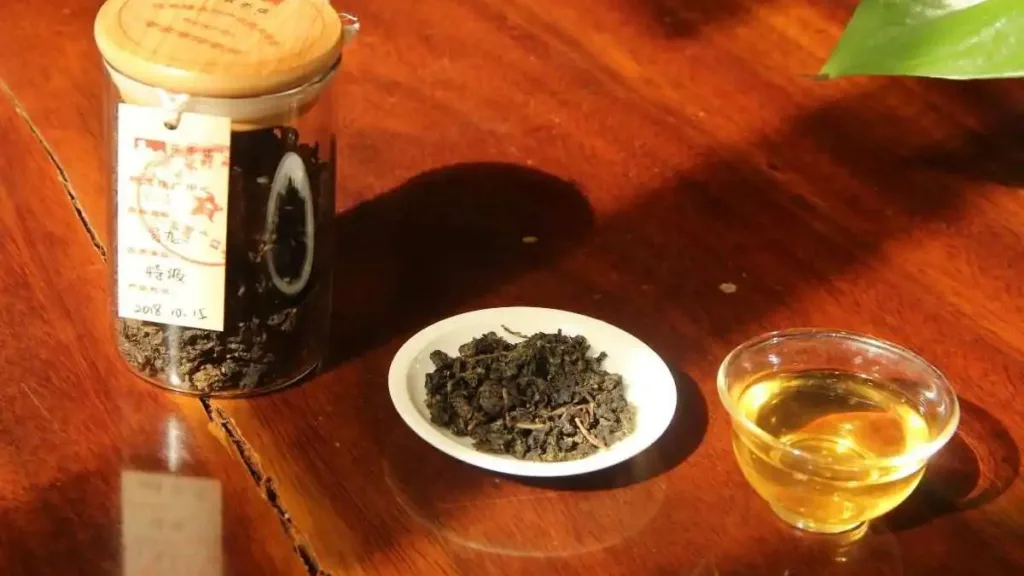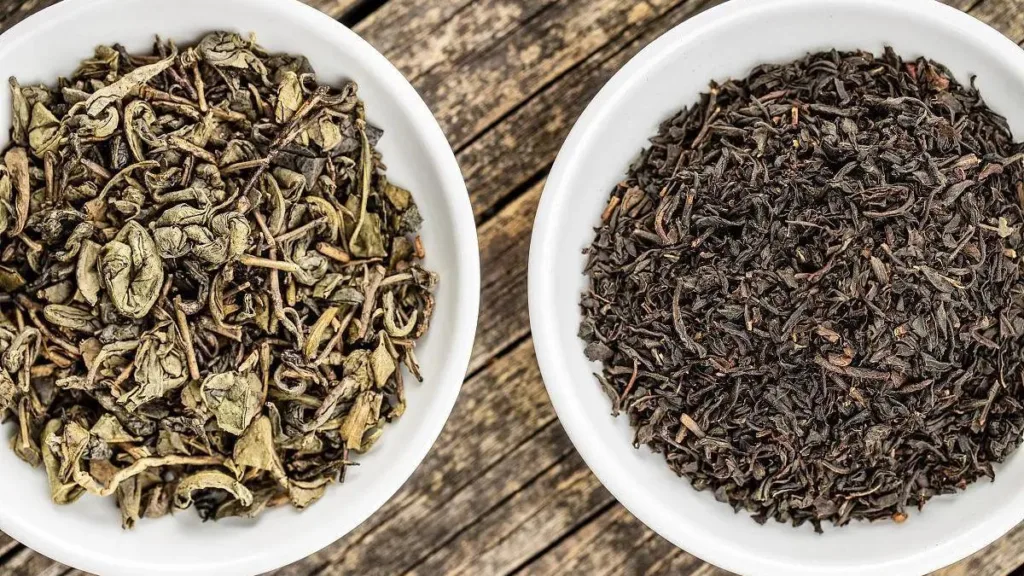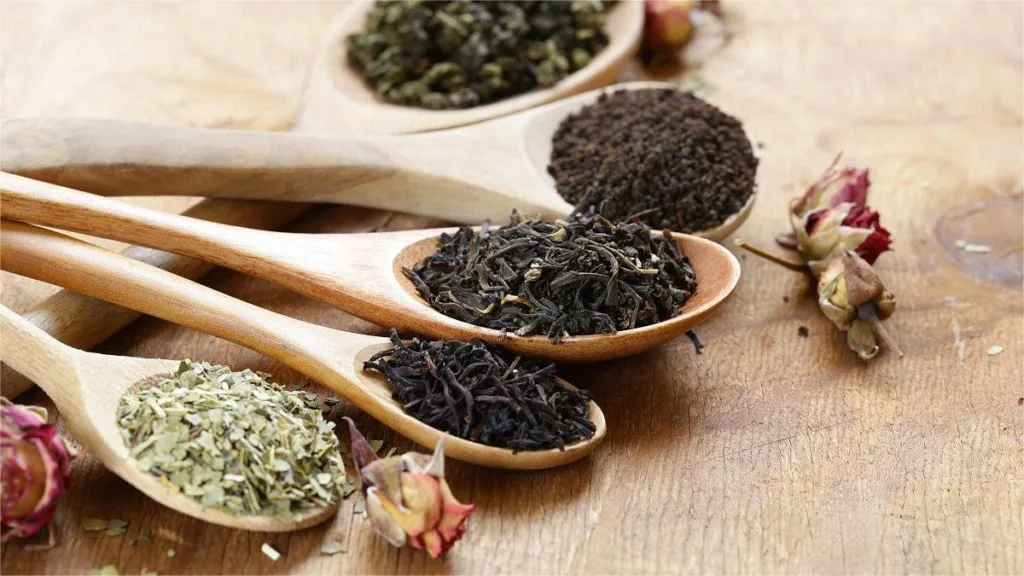In general, there is no specific tea that is considered the best after surgery. However, patients can generally consume moderate amounts of black tea, pu-erh tea, green tea, honeysuckle tea, bitter tea, and other varieties. It is important to note that patients should avoid excessive consumption to prevent discomfort such as bloating and abdominal pain.
- Black Tea: Black tea contains rich nutrients such as carotene and calcium. Moderate consumption after surgery can help replenish the body’s energy needs and promote the synthesis of hemoglobin, providing certain benefits to the body.
- Pu-erh Tea: Pu-erh tea is rich in tea polyphenols and dietary fiber. Moderate consumption can promote gastrointestinal motility and have a mild laxative effect, which can be beneficial for patients after surgery.
- Green Tea: Green tea contains abundant nutrients such as caffeine and folate. Moderate consumption after surgery can help replenish electrolytes needed by the body and promote metabolism, contributing to overall health.
- Honeysuckle Tea: Honeysuckle tea is rich in vitamins and minerals. Moderate consumption can provide essential nutrients for the body and support the recovery process after surgery.
- Bitter Tea: Bitter tea contains compounds like quinine alkaloids and vitamin C. It has detoxifying properties and may have certain benefits for vision. Moderate consumption can help replenish fluids and promote diuresis.
It’s crucial for patients to be mindful of their tea intake and avoid excessive amounts, as overconsumption might lead to discomfort. Additionally, after surgery, patients should prioritize rest, avoid excessive fatigue and late nights, as these factors could impact the recovery process. If any discomfort or unusual symptoms arise, it is advisable for patients to seek prompt medical attention for appropriate diagnosis and treatment. Overall, a balanced and moderate approach to tea consumption, along with a focus on rest and recovery, can contribute to a smoother recuperation after surgery.



